Power from Sunlight – Powering space exploration with solar energy

Brief description: In this set of activities, students will learn about two concepts that influence solar panel design for space missions: the inverse square law and the angle of incidence. Students will perform two simple investigations using a photovoltaic cell (solar cell) and a light source. First, they will measure how the power produced by […]
Space Bears – Lab-experience with Tardigrades
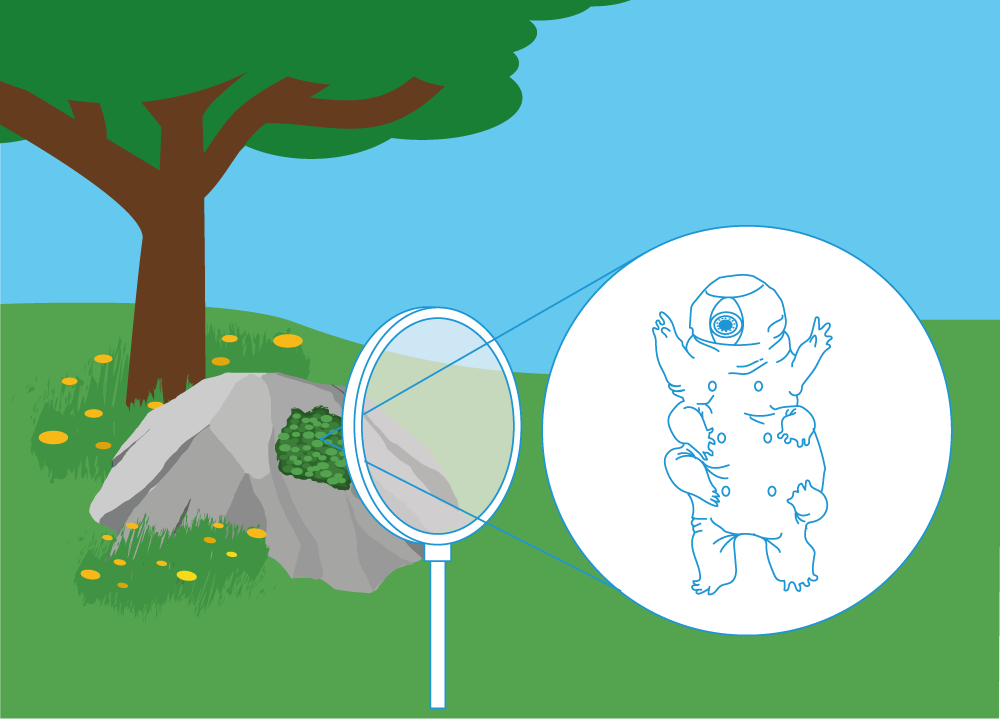
Brief description: In this set of experimental activities, students will investigate the survival abilities of tardigrades, also known as water bears. They will expose conditions and come to a conclusion about which environments they can survive in. The aim of this resource is to test tardigrades’ resilience to extreme environmental conditions and link their survival […]
Could life survive in alien environments? – Defining environments suitable for life

Brief description: In this activity, students will consider whether life found in extreme environments on Earth could survive elsewhere in the Solar System. Students will examine the characteristics of different places in the Solar System and then use fact cards of some example extremophiles to hypothesise which they think might be able to survive in […]
AstroCrops – Growing plants for future space missions
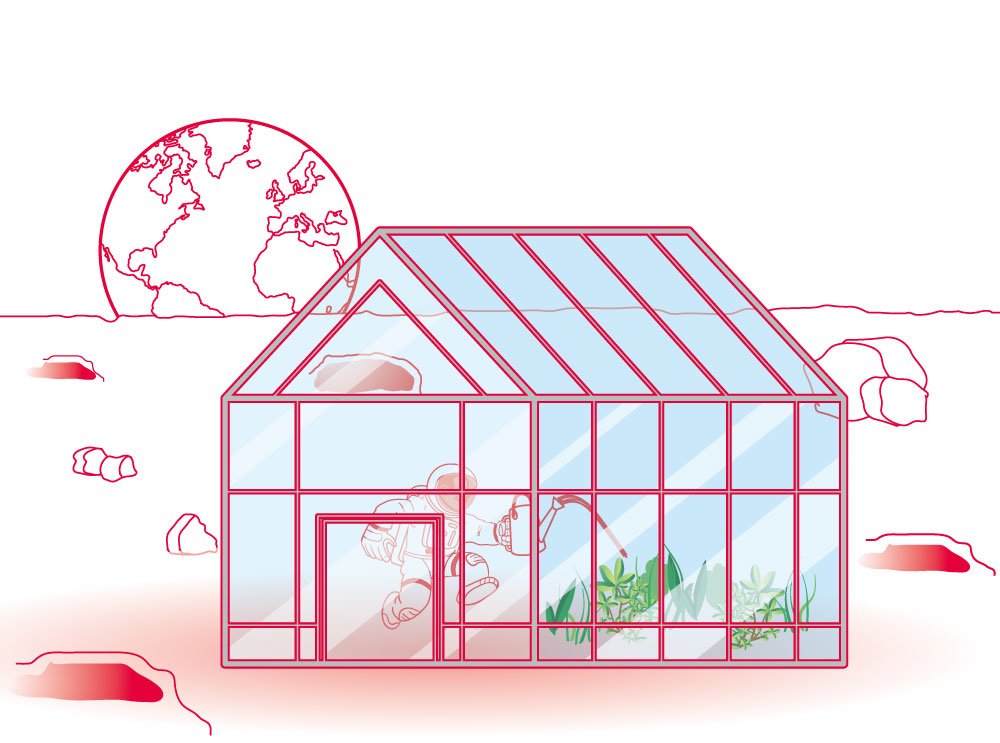
Brief description: In this set of activities, students will build an understanding of germination and plant growth by following the development of three unknown plants for 12 weeks. They will conduct measurements and make observations to evaluate their plant’s growth and health. Students will use their observations to make a hypothesis about which species of […]
AstroFarmer – Learning about conditions for plant growth

Brief description: In this set of six activities, students will investigate which factors affect plant growth, and relate these factors to growing plants in space. Students will learn that plants need air, light, water, nutrients and a stable temperature to grow. Students will observe what happens to plants when they vary some of these factors. […]
AstroFood – Learning about edible plants in Space
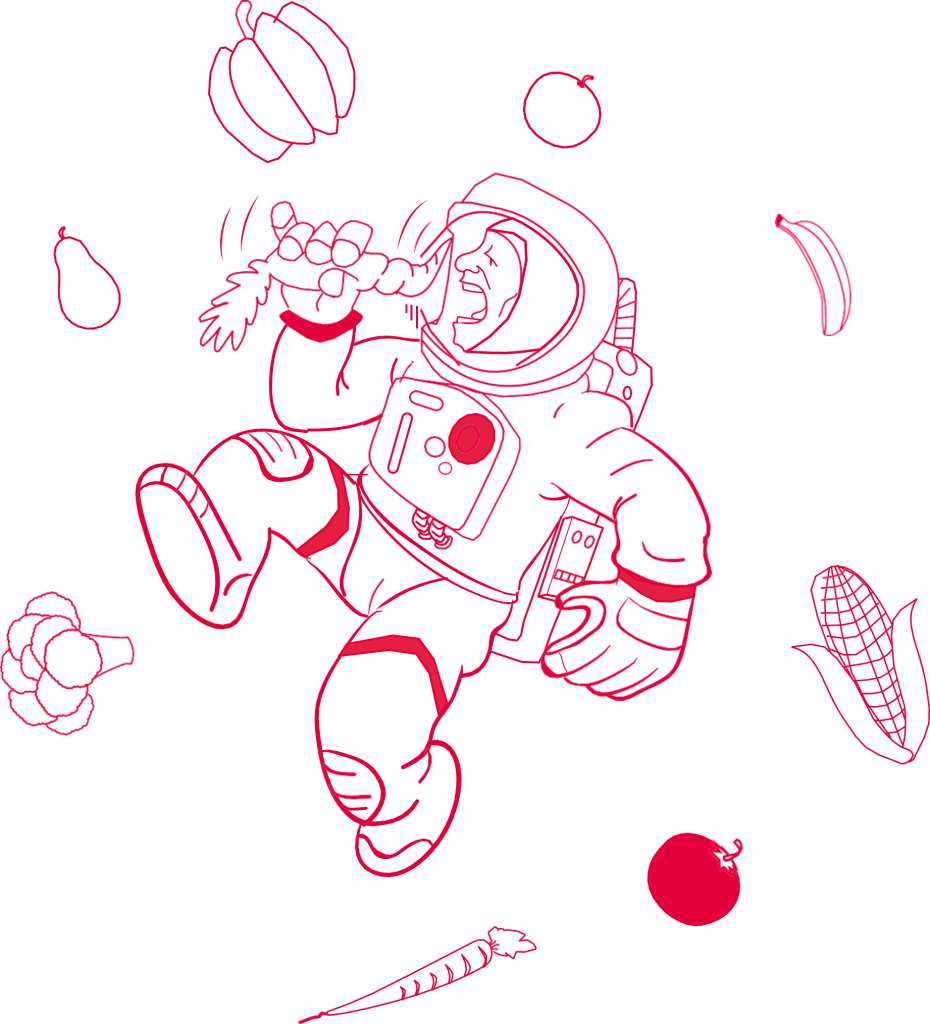
Brief description: In this set of activities, students will learn about the different components of plants. They will learn which parts of plants are edible and learn the difference between a vegetable, a fruit and a seed. The students will have to imagine and draw the plant associated with the fruit/vegetable/seed they are observing. They […]
Moon Constitution – How would a future lunar community be organised?
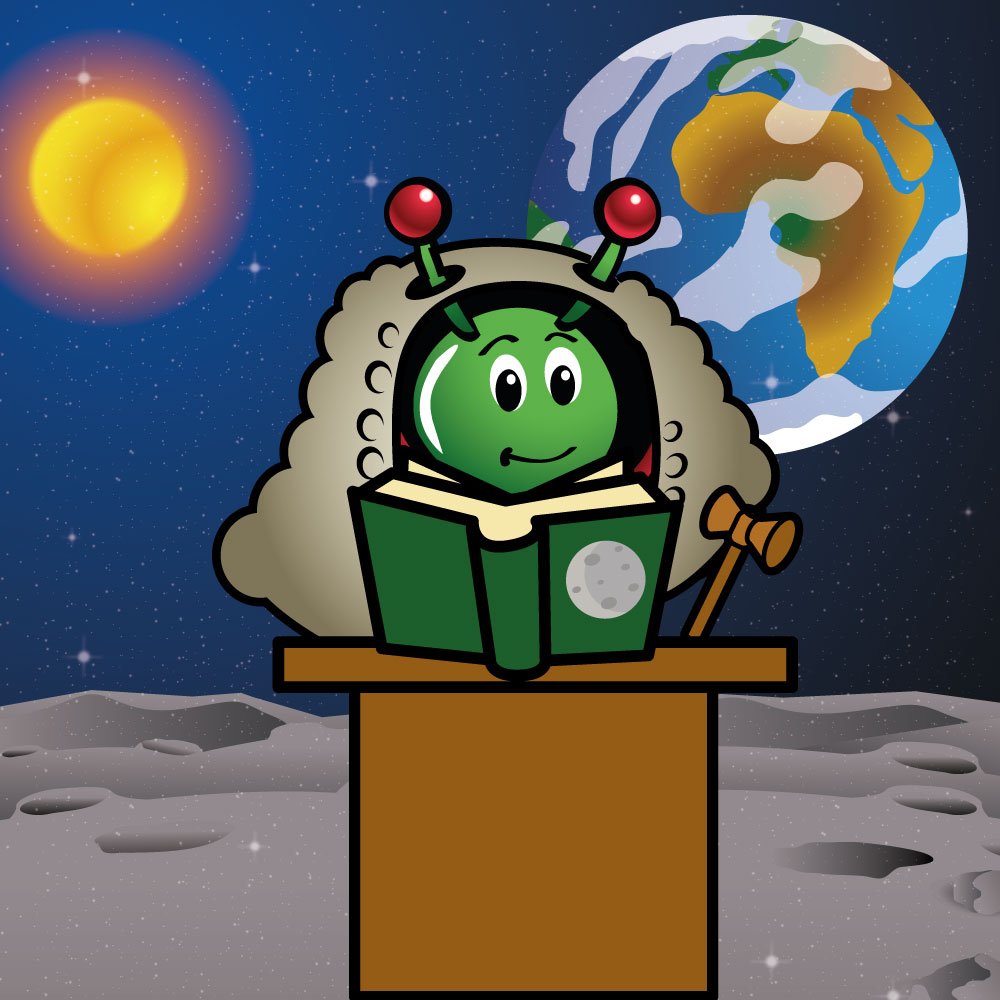
Brief description: In this resource, pupils will debate some organisational and social characteristics of a future settlement on the Moon and relate it to their local community. The students will be guided through the activity using a set of debate questions, to which the students can respond with their opinions on whether they agree or […]
Mission on the Moon – Program a classmate to complete a mission on the Moon
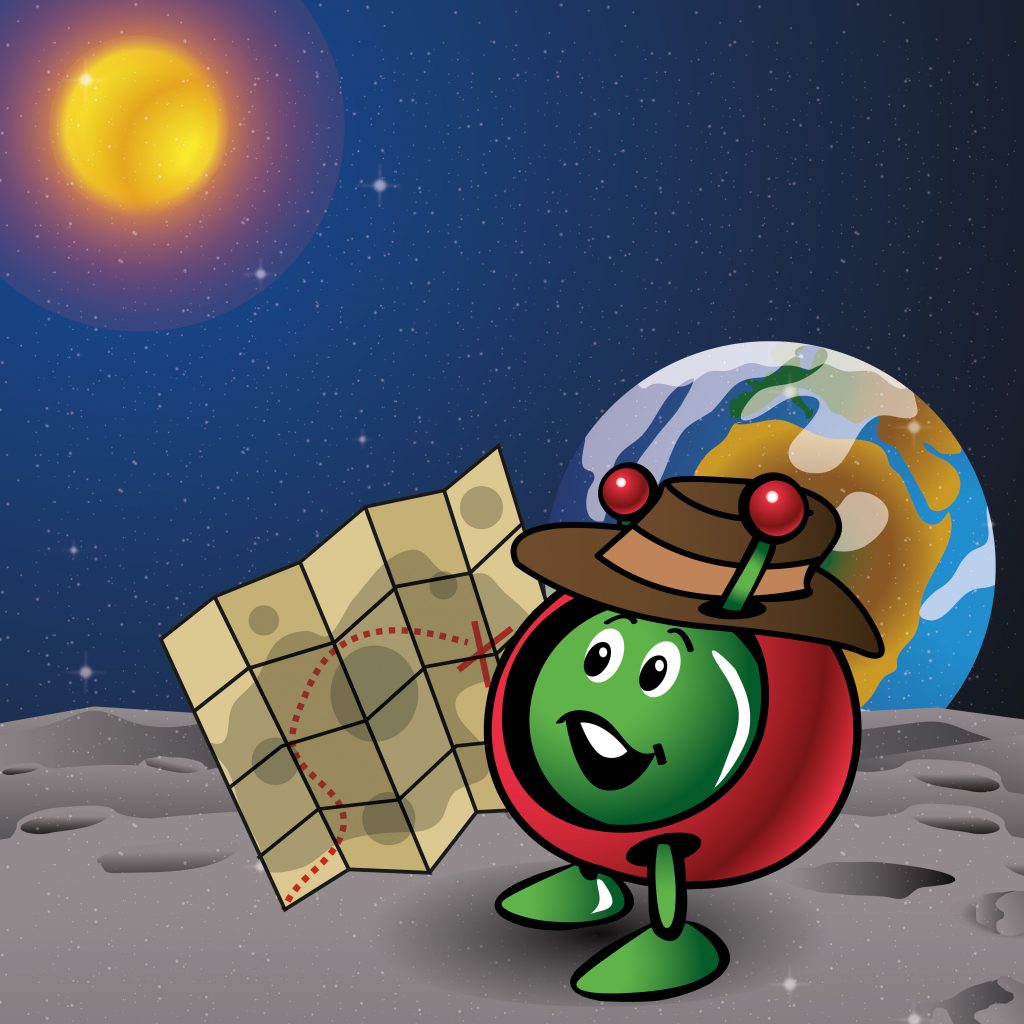
Brief description: This activity will introduce students to logical thinking by planning, testing and executing a simple mission on the Moon. Students will work in pairs and take it in turns to play the roles of “mission controller” and “rover”. One student will give commands to enable the other to navigate blindly across the lunar […]
Moon Shelter – Investigating different shelters on Earth and in space
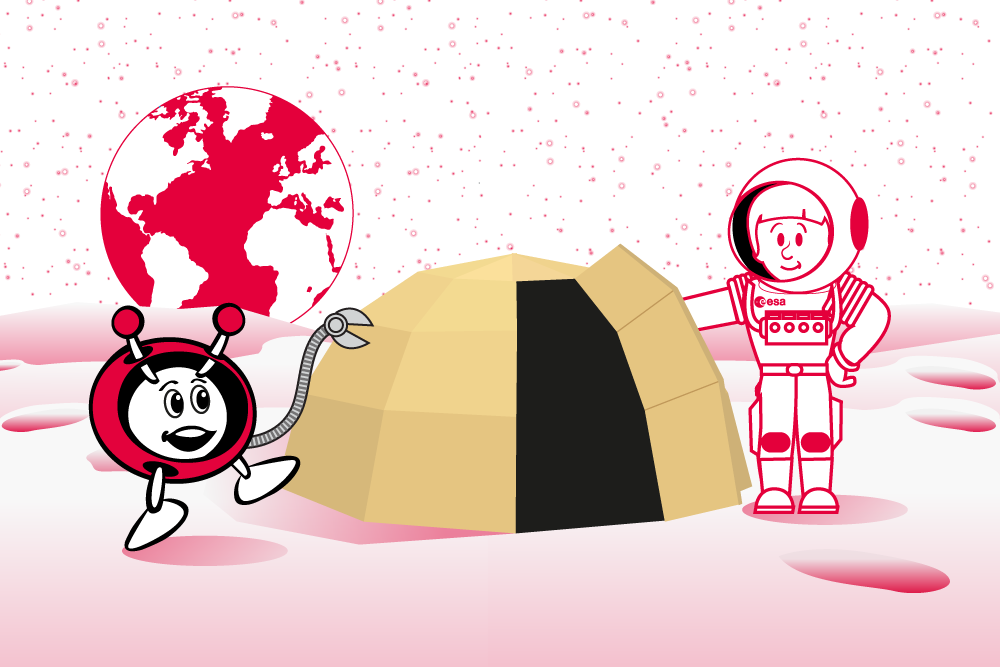
Brief description: In this set of activities, pupils will analyse the importance of having shelter for protection on Earth and in space. Pupils will compare the environmental conditions on Earth and on the Moon, and in a group they will imagine and build their own Moon shelter using materials comparable to the soil on the […]
Moon Rover – Building a solar powered rover
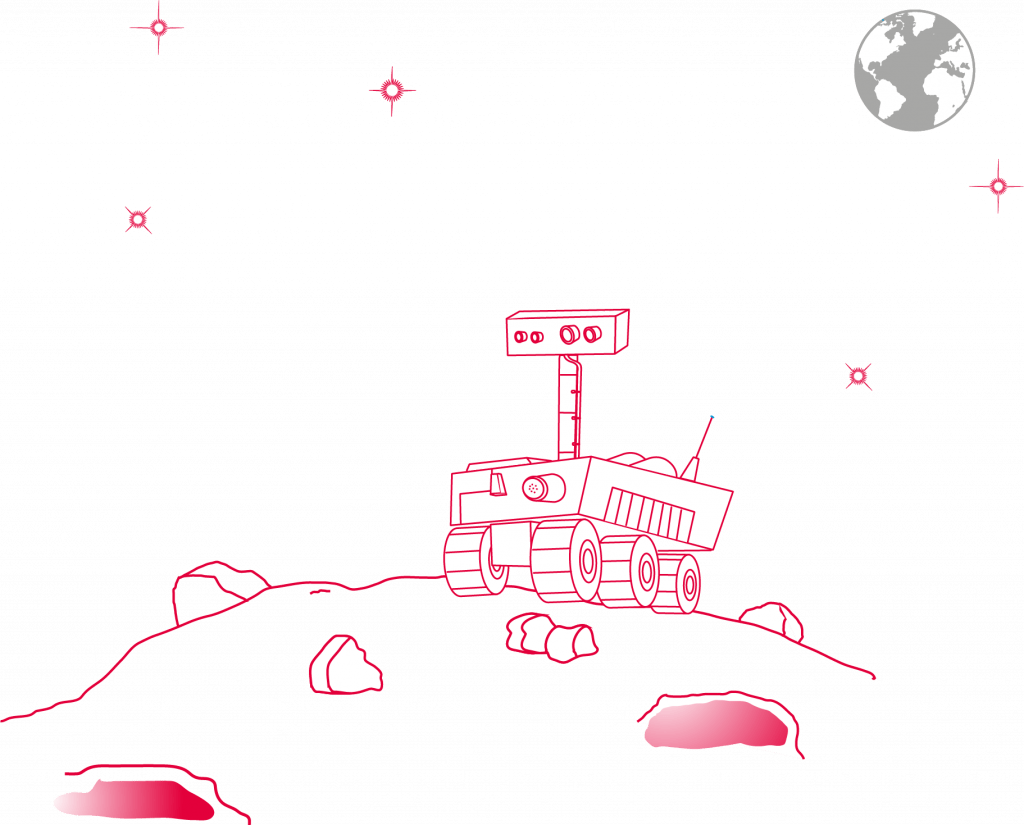
Brief description: In this activity, students will compare the advantages and disadvantages of renewable energy sources and non-renewable energy sources and study simple electrical circuits. Using the Moon as context, students will build a small motor and a solar cell. They will also identify the main features their rover must have in order to go […]


